 Rachel Rueckert is an award-winning writer, editor, and teacher. She holds an MFA in nonfiction from Columbia University as well as an M.Ed from Boston University. As a seventh-generation Utahn, her favorite subjects include place, family, mental health, unconventional spirituality, and climate change. In this in-depth interview, Rachel speaks about her new memoir East Winds.
Rachel Rueckert is an award-winning writer, editor, and teacher. She holds an MFA in nonfiction from Columbia University as well as an M.Ed from Boston University. As a seventh-generation Utahn, her favorite subjects include place, family, mental health, unconventional spirituality, and climate change. In this in-depth interview, Rachel speaks about her new memoir East Winds.
Tag: memoir
Great new giveaway!
 We have a copy of The Fruit You’ll Never See: A memoir about overcoming shame by Gail Brenner Nastasia to give away!
We have a copy of The Fruit You’ll Never See: A memoir about overcoming shame by Gail Brenner Nastasia to give away!
To win, sign up for our Free Newsletter on the right-hand side of the site and enter via the newsletter. Winner will be chosen by the end of May from subscribers who enter via the newsletter. Good luck!
A review of Ask No Questions By Eva Collins
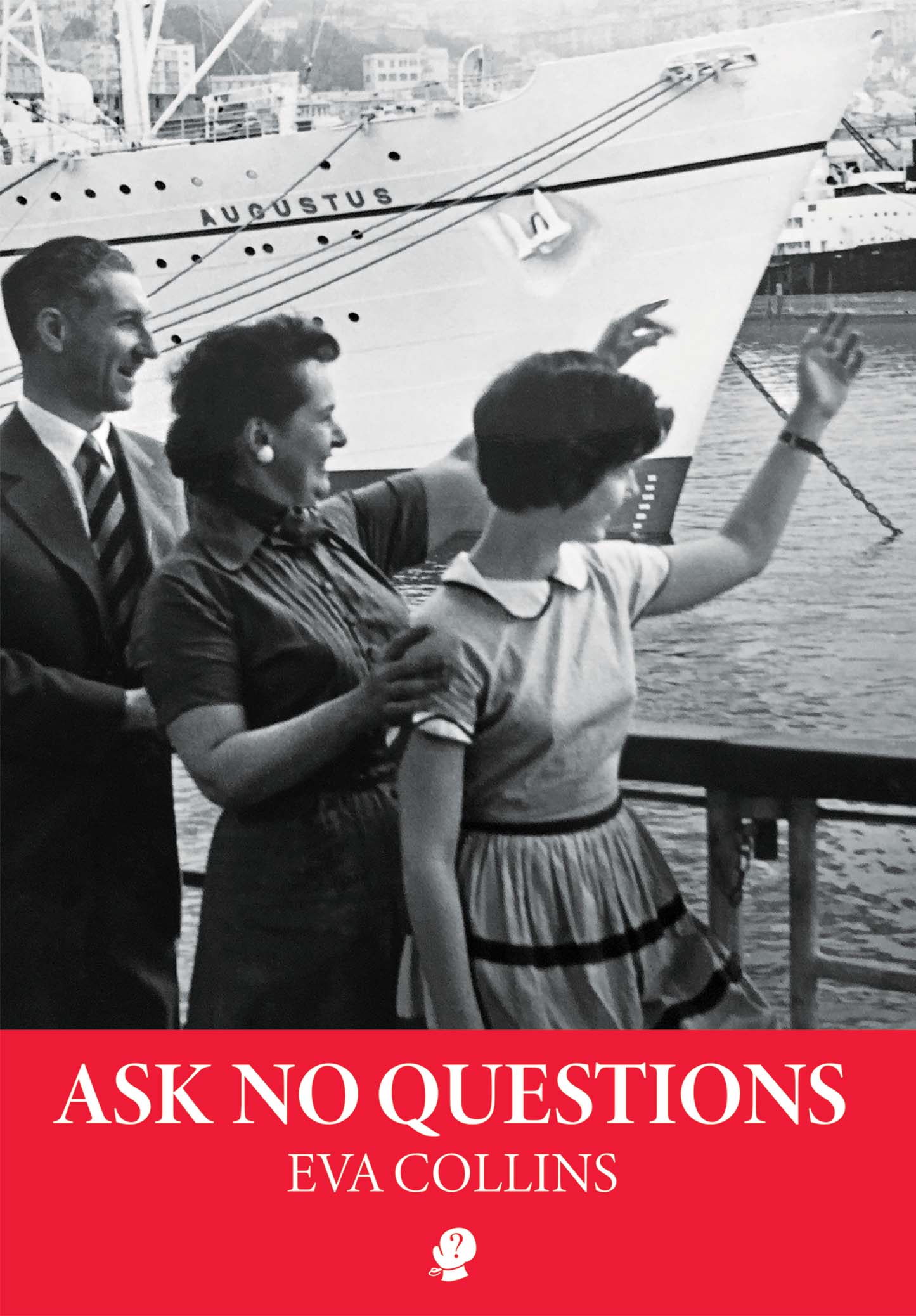 There is a tension between old and new that remains a keynote throughout the book. Learning to accept the duality of her nationality, Eva reclaims her old self and her old name and transforms it into a unique hybrid. Ask No Questions is a book that explores serious topics. The trauma and sadness of the refugee experience is rarely covered through the viewpoint of a child, and Eva teases out that perspective with poetic delicacy, tracing the way in which this perception changes through time.
There is a tension between old and new that remains a keynote throughout the book. Learning to accept the duality of her nationality, Eva reclaims her old self and her old name and transforms it into a unique hybrid. Ask No Questions is a book that explores serious topics. The trauma and sadness of the refugee experience is rarely covered through the viewpoint of a child, and Eva teases out that perspective with poetic delicacy, tracing the way in which this perception changes through time.
A review of Lady Director by Joyce Chopra
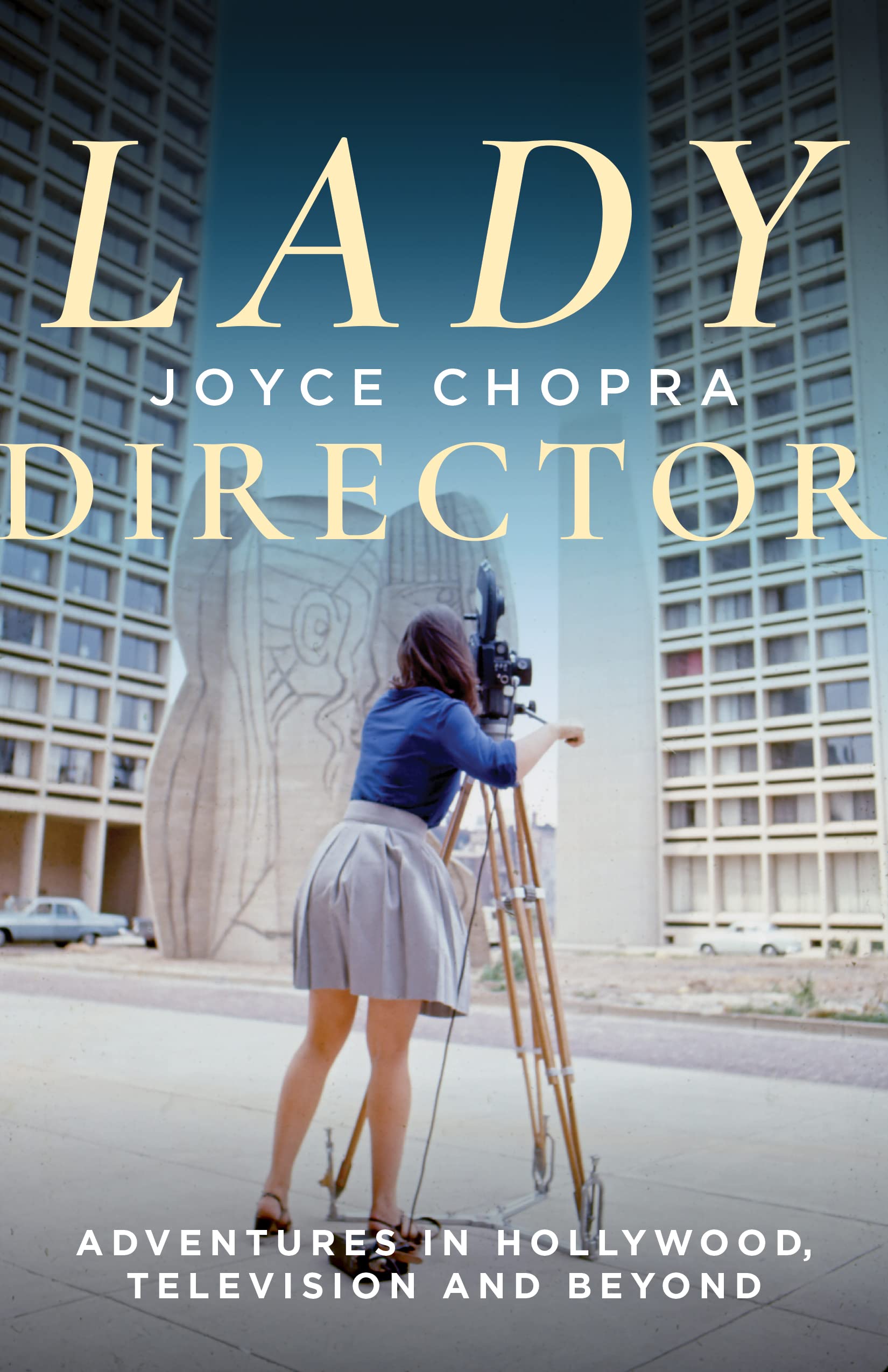 Only, how to break into the male-dominated world of film? Not that that was her explicit goal when she graduated, but one thing she did not want to do? “There weren’t many jobs available for a young woman of twenty-one with a degree in comparative literature,” she writes, but she didn’t want to become a secretary. If she did that, “I would irrevocably land on the slippery slope to nowhere.”
Only, how to break into the male-dominated world of film? Not that that was her explicit goal when she graduated, but one thing she did not want to do? “There weren’t many jobs available for a young woman of twenty-one with a degree in comparative literature,” she writes, but she didn’t want to become a secretary. If she did that, “I would irrevocably land on the slippery slope to nowhere.”
A review of American Seoul by Helena Rho
 A language constitutes a world; that idea is significant in Rho’s memoir. She goes into a Korean shop for lunch with her daughter, and a woman working there encourages her to speak Korean, as does a woman, a minister’s wife, with whom Rho talks on the phone about lessons in Korean for her daughter and son. Growing up, she didn’t speak Korean with her parents.
A language constitutes a world; that idea is significant in Rho’s memoir. She goes into a Korean shop for lunch with her daughter, and a woman working there encourages her to speak Korean, as does a woman, a minister’s wife, with whom Rho talks on the phone about lessons in Korean for her daughter and son. Growing up, she didn’t speak Korean with her parents.
A review of Our Laundry, Our Town by Alvin Eng
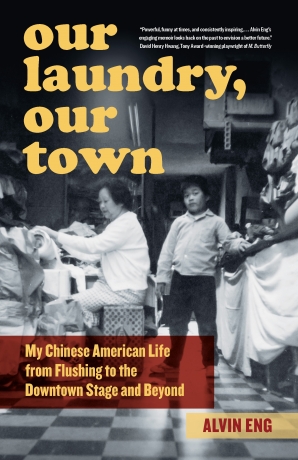 For Alvin Eng, a Chinese American punk rocker who is now an educator and a playwright, this has meant ‘a spiritual state of homelessness,” moving between the Foo J. Chin Chinese Hand Laundry and an American frame of reference. This reflective and personal narrative is his first memoir, and a change from his dramatic writing.
For Alvin Eng, a Chinese American punk rocker who is now an educator and a playwright, this has meant ‘a spiritual state of homelessness,” moving between the Foo J. Chin Chinese Hand Laundry and an American frame of reference. This reflective and personal narrative is his first memoir, and a change from his dramatic writing.
A review of How to Be Between by Bastian Fox Phelan
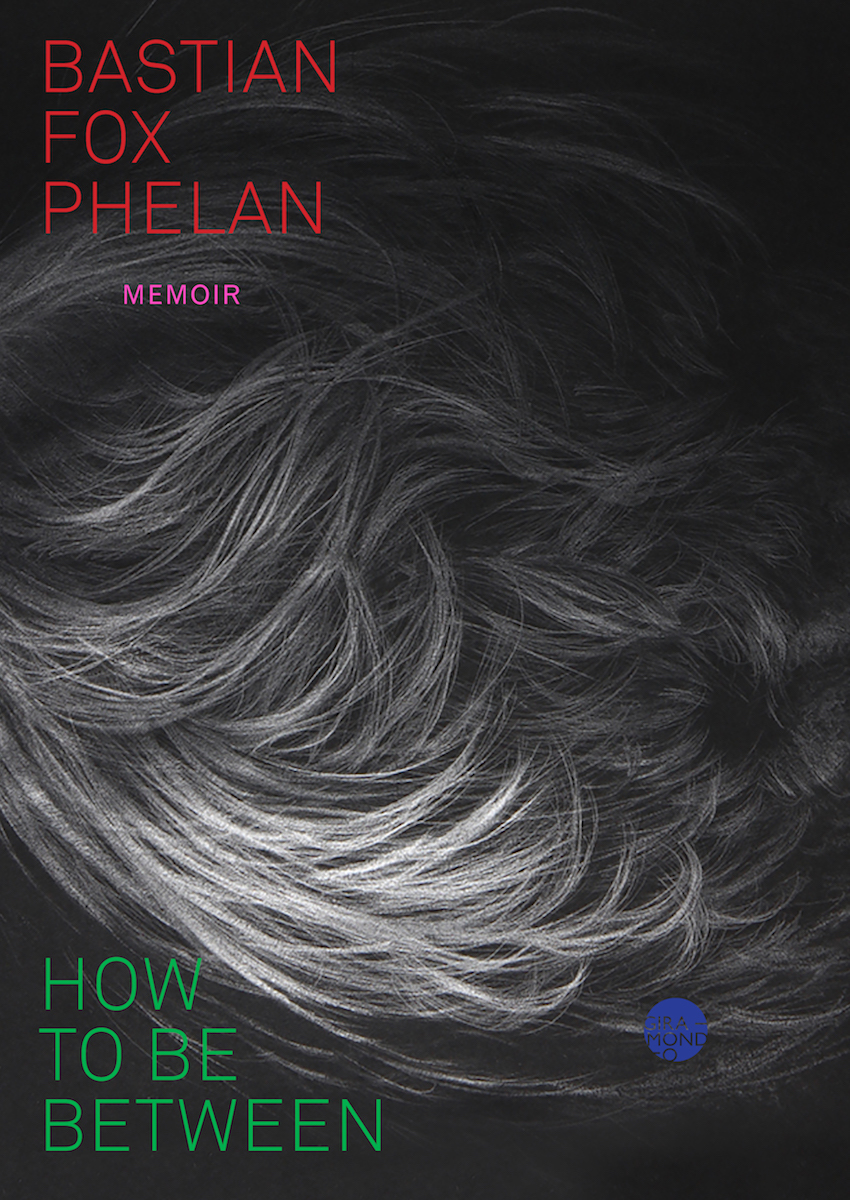 Bastian Fox Phelan’s memoir How to Be Between leans right into these societal norms, exposing them for the controlling mechanisms that they are, designed to make use feel chronically inadequate so we’re easier to sell to or control. These norms force an unnatural binary between male and female, attractive and unattractive, straight and queer. How to Be Between rejects these binaries and instead offers up the possibility of living a life without such constraints.
Bastian Fox Phelan’s memoir How to Be Between leans right into these societal norms, exposing them for the controlling mechanisms that they are, designed to make use feel chronically inadequate so we’re easier to sell to or control. These norms force an unnatural binary between male and female, attractive and unattractive, straight and queer. How to Be Between rejects these binaries and instead offers up the possibility of living a life without such constraints.
Empathy and Memoir: A Review of Cheryl Klein’s Crybaby
 As a thirty-nine year old woman who is navigating fertility clinics and the adoption process, I inhaled this book, which is about a woman, Klein, trying to have a baby. In my online yoga class, we are asked to stretch up to the point where it hurts. This is how far Klein takes her writing: to the point it hurts, presumably for her and definitely for the reader.
As a thirty-nine year old woman who is navigating fertility clinics and the adoption process, I inhaled this book, which is about a woman, Klein, trying to have a baby. In my online yoga class, we are asked to stretch up to the point where it hurts. This is how far Klein takes her writing: to the point it hurts, presumably for her and definitely for the reader.
A review of Angle of Flickering Light by Gina Troisi
 Angle of Flickering Light tells an honest story. It’s the story of a life in progress, marked at its beginning by a series of small, devastating acts—a parent who should protect and cherish instead abuses.
Angle of Flickering Light tells an honest story. It’s the story of a life in progress, marked at its beginning by a series of small, devastating acts—a parent who should protect and cherish instead abuses.
A review of The Age of Fibs by Beth Spencer
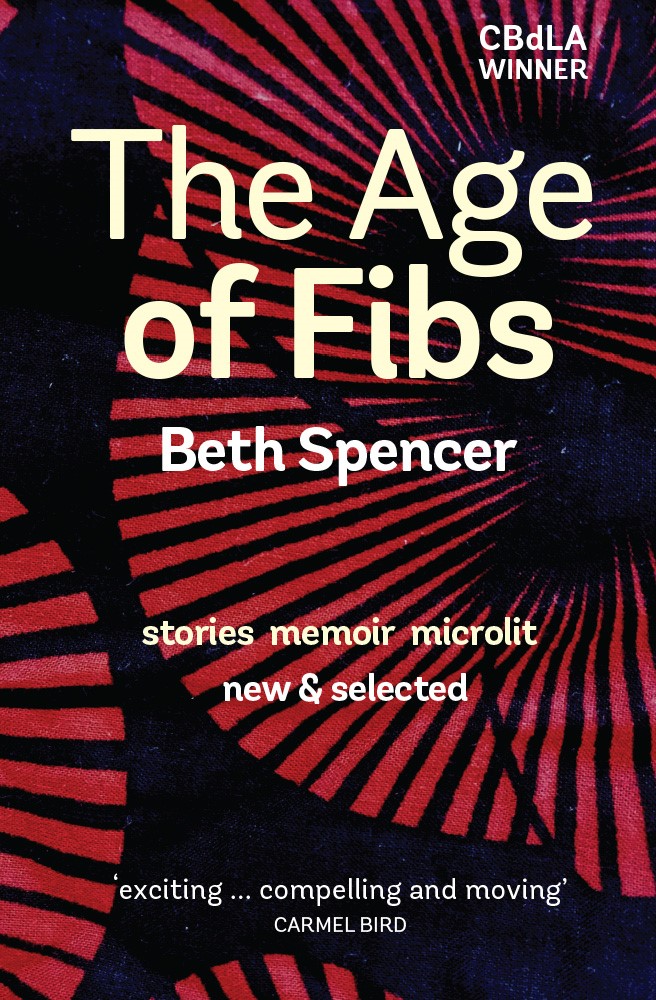 It is always both true and fictive, and like dreams, pieced together from a grab-bag of images and turned into stories that reflect the themes being explored. The Age of Fibs picks up on this uncertainty beautifully and works with it, allowing for openness, complexity, and fragmentation, while still keeping the coherency of the story intact.
It is always both true and fictive, and like dreams, pieced together from a grab-bag of images and turned into stories that reflect the themes being explored. The Age of Fibs picks up on this uncertainty beautifully and works with it, allowing for openness, complexity, and fragmentation, while still keeping the coherency of the story intact.